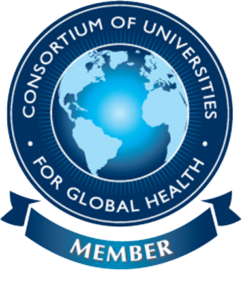Overview
The primary purpose of the field practice is to provide public health students with an integrative public health learning experience, where they have the opportunity to apply the skills and knowledge they have acquired through their coursework to real world experiences.
Requirements:
- All students in senior standing (90 or more units) are required to complete 3 units of PH 497 in the Fall or Spring semester of their final year.
- Students enrolled in PH 497 are required to complete 144 hours (approximately 9 hours/week if completed in a semester). This is estimated based on the average number of hours spent on any given 3-unit class that takes into account time for class time, studying and assignments.
- Most hours will be completed in the field in a community environment which may include, but is not limited to, government agencies, community health clinics, nonprofit organizations, research institutions, advocacy and policy programs, and private institutions.
- The field placement/internship primary duties and responsibilities should be aligned with the SDSU Bachelor of Science in Public Health Program Objectives
NOTE: While it is expected that most positions will include general office duties, the majority of the time should be spent assisting with designing, implementing or evaluating a public health project or program. - Students are required to submit the following assignments by the general due dates listed below (actual dates provided at the start of the semester):
- Internship Contract – Week 2 of the semester
- Mid-semester Evaluation (both student and supervisor must complete) – Week 7/8
- Final Evaluation (same as above) – Week before Finals
- Field Placement Project Summary –Finals week
Field Placement Objectives:
Experiences will vary, but each should provide most, if not all, of the following opportunities:
- Application of classroom knowledge to real world work experience.
- Assistance in the design, development and/or implementation of projects that aim to address public health. Common duties include the production, use and evaluation of needs assessment or evaluation tools (i.e. focus group guides, surveys), curriculum or educational materials, project work plans, audio-visual aids, print media and social media, etc. depending on the discipline.
- Interaction with community members, leaders and government officials with the goal of establishing partnerships in order to address health equity, health disparities, and other community health concerns
- Professional development opportunities (i.e. training, mentorships, conferences, etc.) and potential for pathway to career in public health





